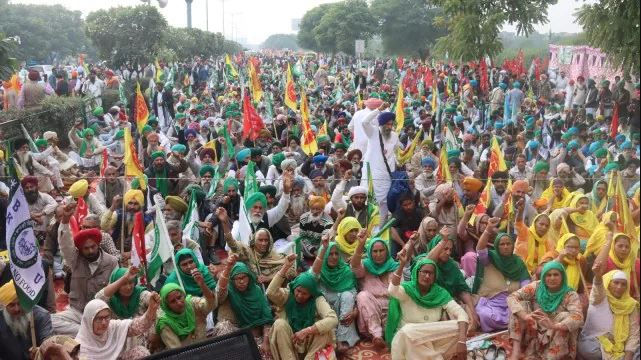Eight ways Russia’s war in Ukraine is affecting space exploration
- guru prakash
- Mar 10, 2022
- 2 min read
A sector that was always shielded from political struggles on ground is becoming increasingly vulnerable after Russia’s invasion of Ukraine.
Sanctions imposed on Russia by the US, the UK, the EU and Japan are affecting activities in space as Russia suspended co-operation with many countries in response to the sanctions.
Germany suspended all scientific co-operation with Russia, which also stopped all Soyuz rocket launches from a French Guiana spaceport.

The National highlights eight ways space exploration is being affected.
Launch of UK’s OneWeb satellites cancelled
Russia has refused to launch 36 OneWeb satellites, which belong to a UK start-up.
It gave the company an ultimatum to sever links with the UK government for the launch to go ahead, but the company refused.
Russia’s demands were in response to sanctions imposed on it by the UK.
On March 4, the satellites were removed from the launch pad at Baikonur Cosmodrome in Kazakhstan. The cosmodrome has been the launch site for Soviet and Russian rockets since the country began to explore space in 1957.
OneWeb said it would no longer be using Russian Soyuz rockets for its launches.
ExoMars mission launch ‘unlikely’
The European Space Agency announced that the launch of the joint ESA-Russian ExoMars mission is unlikely to go ahead in September.
The mission had been in development for many years and was one of the biggest joint projects by Russia and Europe, apart from the International Space Station.
“We are fully implementing sanctions imposed on Russia by our member states,” ESA said. “Regarding the ExoMars programme continuation, the sanctions and the wider context make a launch in 2022 very unlikely.”
ESA built the Rosalind Franklin rover for the mission and Russia contributed the rover’s landing platform and several science instruments.
The mission was supposed to lift-off on Russia’s Proton rocket.
Political struggles reach International Space Station
Since the space station was put in orbit 20 years ago, it was always protected from political instability.
But as Russia continues to respond aggressively against sanctions imposed on it, the future of co-operation on the ISS is being threatened.
Russia’s space agency Roscosmos announced that it was suspending all scientific collaboration with Germany on the space station.
There are seven astronauts on the ISS right now, including four Americans, two Russians and one German.
The ISS is a joint project by Russia, the US, Japan, Canada and the ESA.




Comments